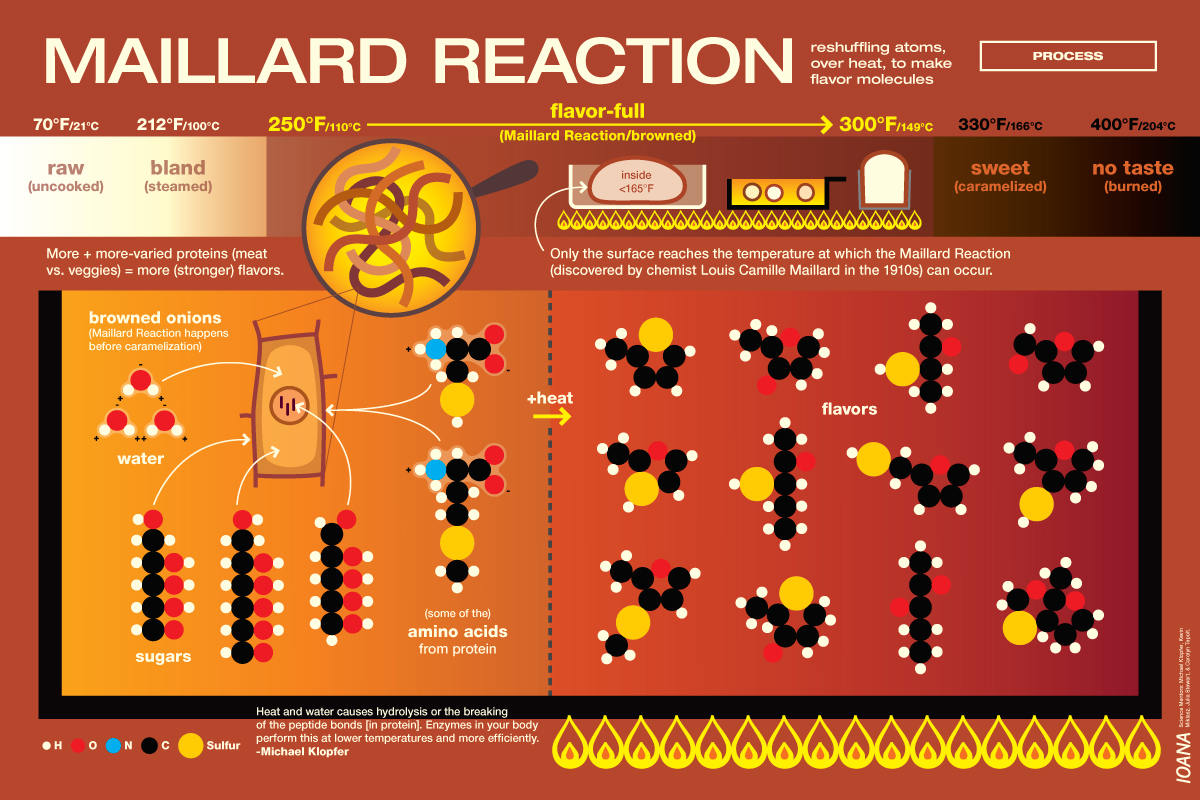TrannyRock
Well-Known Member
Today, hopefully, I will brew my first pilsner, having already acquired my ingredients from LHBS. A couple questions:
1) I got as simple of a grain bill as I could bear: for a 5.5 gal batch, 11# Weyermann "regular" Pils malt, 0.5# CaraHell. I had hoped for the floor-malted Bohemian stuff but no dice. My notion was to do a single decoction schedule, starting with a brief protein rest, 132o, then decocting up to saccharification at 154o or so. I have the basic 10gal cooler/false bottom setup - my system has been to use a single infusion, then drain after saccharification and batch sparge twice with 168o water. Am I going to wreck my head retention by using a protein rest on Weyermann pils malt? I feel the need to do a decoction to get the characteristic profile, since I got a simple, melanoidin-light grain bill.
2) I thought I had decoction mashed in the past, when undershooting my mash temp, by simply pulling some volume of liquor through my false bottom and boiling that on the stove. I'm getting the impression that this was incorrect, and that I am actually supposed to be scooping out a mixture of grist and liquor, which apparently then I would need to stir constantly. Please advise.
1) I got as simple of a grain bill as I could bear: for a 5.5 gal batch, 11# Weyermann "regular" Pils malt, 0.5# CaraHell. I had hoped for the floor-malted Bohemian stuff but no dice. My notion was to do a single decoction schedule, starting with a brief protein rest, 132o, then decocting up to saccharification at 154o or so. I have the basic 10gal cooler/false bottom setup - my system has been to use a single infusion, then drain after saccharification and batch sparge twice with 168o water. Am I going to wreck my head retention by using a protein rest on Weyermann pils malt? I feel the need to do a decoction to get the characteristic profile, since I got a simple, melanoidin-light grain bill.
2) I thought I had decoction mashed in the past, when undershooting my mash temp, by simply pulling some volume of liquor through my false bottom and boiling that on the stove. I'm getting the impression that this was incorrect, and that I am actually supposed to be scooping out a mixture of grist and liquor, which apparently then I would need to stir constantly. Please advise.



